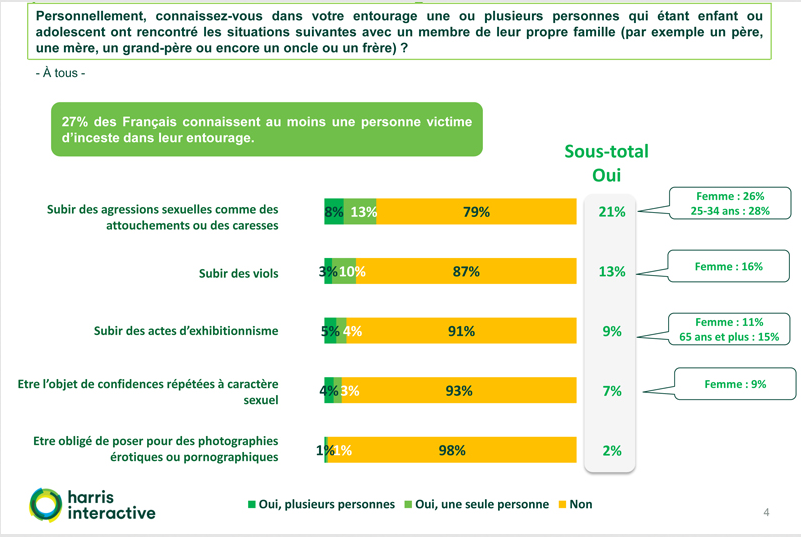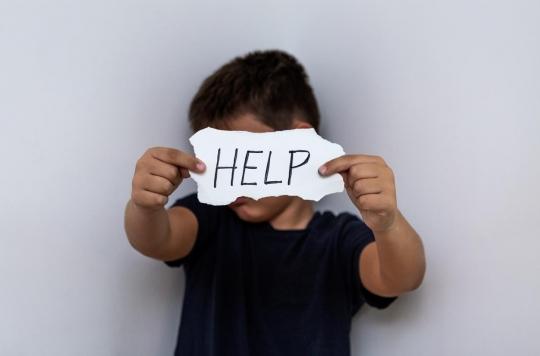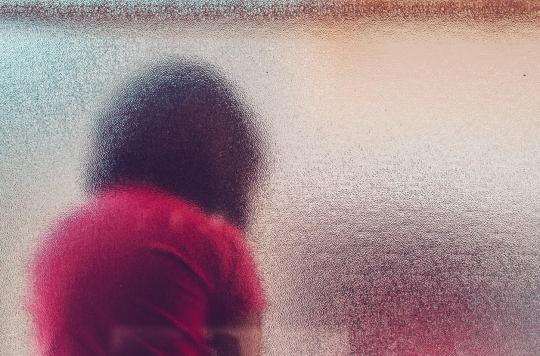According to an association of victims, 4 million French people are affected by incest. A crime that is making a comeback in the French penal code, after more than 200 years of absence.

They are men and women, of all ages and from all social backgrounds. What they have in common: they have experienced real trauma, often during childhood. They were victims of incest.
A recent survey, conducted online by the Harris Poll Institute on behalf of theInternational Association of Incest Victims (AIVI), reveals that 6% of respondents have suffered this type of sexual violence. For women, this proportion would rise to 9%.
Admittedly, the sample of people who answered the questionnaire was only made up of 929 individuals, but it does give a first idea of the scale of the phenomenon.
Reported to the general population, these figures mean that up to 4 million French people could have been victims of incestuous acts. In addition, a quarter of respondents say they know someone close to them affected by incest.

Recently, a campaign by the Innocence en Danger association, which fights against violence against children, reported the figure of two million victims of incest in the country.
Develop the law
Whether the number of victims is closer to two or four million, the conclusion is the same: there is an urgent need to act.
Incest, defined as sexual intercourse between two persons who are parents, to a degree where marriage is prohibited, does not constitute an offense in French law as such, if both persons are of legal age and consent. But for the individuals who have experienced it, the trauma can be terrible.
With the publication of its survey, and the launch of an upcoming awareness campaign on social networks and television, AIVI hopes to change the legislative texts so that incest is finally considered a criminal offense.
The activists want in particular that the concept of consent of the child is no longer sought when qualifying sexual assault, and that the prescription be abolished. Claims that are starting to be heard. Two texts thus began to develop the notion of incest.
Law and bill
The law of 5 November 2015, promulgated in the Official Journal clarifies “the procedure for reporting situations of mistreatment by health professionals”.
All health professionals now see their civil, criminal and disciplinary liability protected when they report ill-treatment or incest, unless it is proven that they have not acted properly. Concretely, this means that even in the absence of proof, doctors enjoy protection to report any suspicions.
The Child Protection Bill was adopted in second reading by the National Assembly on November 18. Not yet promulgated, this legislative text already introduces certain provisions which should make it possible to better punish incestuous sexual violence against minors.
In particular, it includes incest in the penal code, while until now it was not mentioned as such, only rape and sexual assault on young people under 15 were penalized.
A first step for AIVI, even if the association expects even more from the legislator. She qualifies this text as symbolic, but stresses that it does not necessarily bring concrete change for the victims, insofar as the penalties do not change, and where to apply them, it is still necessary to seek the absence of consent of the minor.
.

















